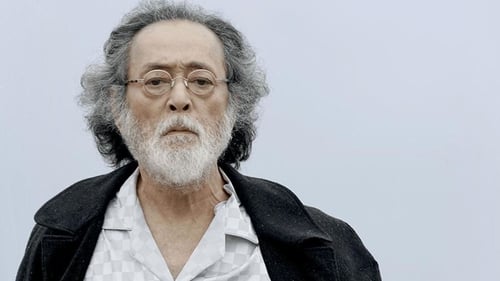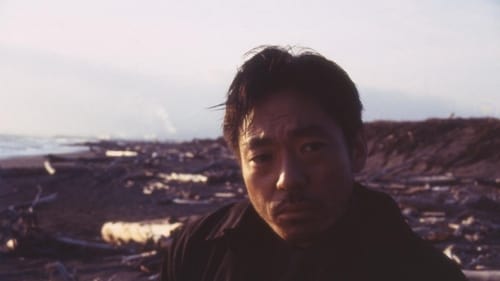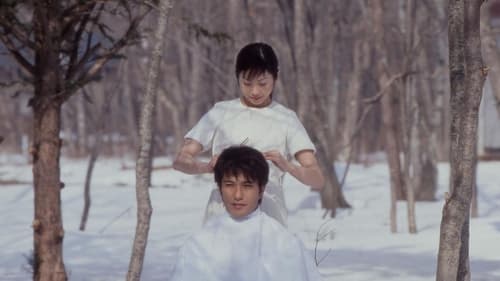
Music
Kuwahata Chokichi used to be a famous actor, but now he's suspected to be suffering from dementia. He is betrayed by his older daughter, Yukiko, her husband-cum-his-former-disciple, Ikuo, and Yukiko's lover, a mysterious driver, and gets sent to a high-class old folks' home. One day, Choukichi runs away from the home and wanders to the beach where he meets his younger daughter, Nobuko, who he had with his lover. Although he had thrown Nobuko out in the past, he begins to imagine seeing her as the image of Cordelia, who is the beloved daughter of King Lear, after talking to her. Gradually, his past memories start to come back to him, and Choukichi heads towards the world of insanity.

Music
The Kitades run a butcher shop in Kaizuka City outside Osaka, raising and slaughtering cattle to sell the meat in their store. The seventh generation of their family's business, they are descendants of the buraku people, a social minority held over from the caste system abolished in the 19th century that is still subject to discrimination. As the Kitades are forced to make the difficult decision to shut down their slaughterhouse, the question posed by the film is whether doing this will also result in the deconstruction of the prejudices imposed on them. Though primarily documenting the process of their work with meticulous detail, Aya Hanabusa also touches on the Kitades' participation in the buraku liberation movement. Hanabusa's heartfelt portrait expands from the story of an old-fashioned family business competing with corporate supermarkets, toward a subtle and sophisticated critique of social exclusion and the persistence of ancient prejudices.

Original Music Composer
Kazuo Murata is a detective who has lost his wife and eventually the meaning of his existence.

Original Music Composer
자신의 이상형을 찾기 위해 겨울의 홋카이도를 2년 간이나 홀로 여행 중이던 청년 켄지는 드디어 꿈에 그리던 여성을 발견한다. 그녀는 미용사인 하루미. 하지만 그녀에겐 이미 남편이 있다. 켄지는 그런 하루미를 납치, 감금해 맹목적인 사랑을 시작한다. 처음에는 무서워하던 하루미도 점차 켄지의 헌신적인 사랑을 받아들이기 시작하는데...

Music
A down-and-out scriptwriter spends his days and nights in the bars of Tokyo. When he is thrown out of a joint because it is closing time, there is always a willing lady to spend the rest of the night with. In the street he has countless semi-philosophical discussions with fellow drinkers, male and female, (shot in black-and-white, as prologue to the different chapters) but in the end it often comes down to one thing: the bottle of whisky that has to be finished. An encounter with a homeless young man with AIDS marks a turning point in the life of the writer.




